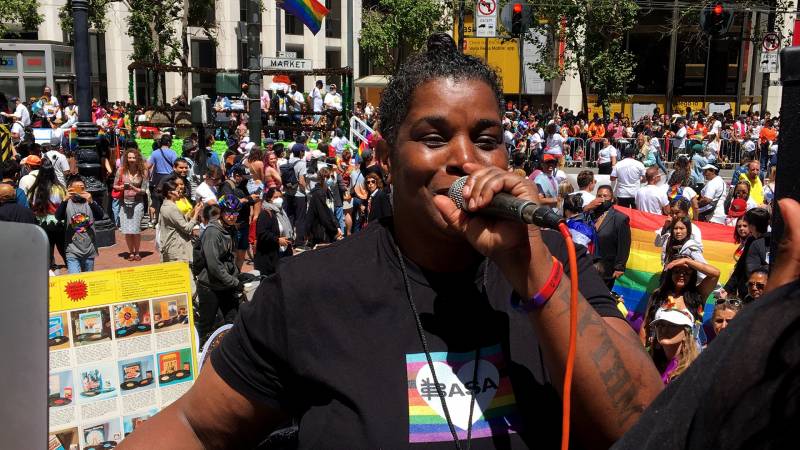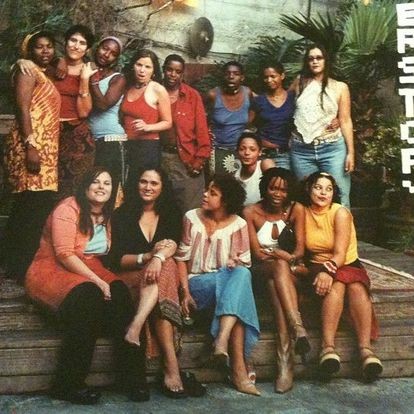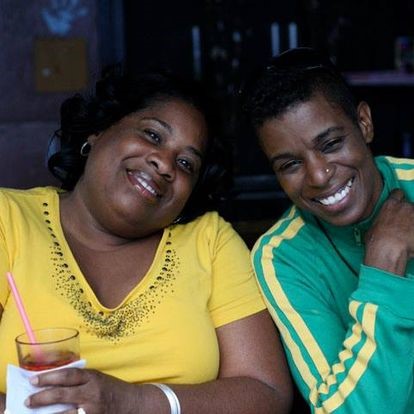I
n the early ’90s, when Black was just getting started as a DJ, she and her friends didn’t have a lot of women to look up to in the Bay Area’s growing hip-hop scene. But there was a beacon: Pam the Funkstress, the cool, calm turntablist from Boots Riley’s political rap group The Coup. Pam could scratch with the best of them.
Black, who was in her early 20s, showed up to a TV studio in San Francisco where host Dominique DiPrima was interviewing Pam for the KRON-TV youth culture show Home Turf. When it was time for audience questions, Black got on the mic to ask about how to get started as a DJ. “I got so nervous,” she recalls. “I was like, ‘Can you do this?’” She remembers Pam telling her, “This is not a male-driven thing. If you like music and you get out there and practice enough, you can be part of the scene. You can be part of the San Francisco nightlife.”
Black took those words to heart. Over the past 30 years, she’s made a major impact on music and LGBTQ+ nightlife in the Bay Area as a DJ, a party producer and a mentor who’s taught her craft to over a dozen DJs, mostly women. And this Pride month, she’s getting the recognition she deserves: at the SF Pride Parade last weekend, she served as Community Grand Marshal—or, as Black calls it, Grand Marsha, in honor of the influential trans activist Marsha P. Johnson. On June 28, Black also received a Black LGBTQ+ Champion Recognition Award from the Urban League of Greater San Francisco Bay Area.
[Watch: For KQED Live, DJs Black, David Harness and Steve Fabus and activist/entertainer Tita Aida discuss the history of queer nightlife in the Bay Area with host Nastia Voynovskaya.]





